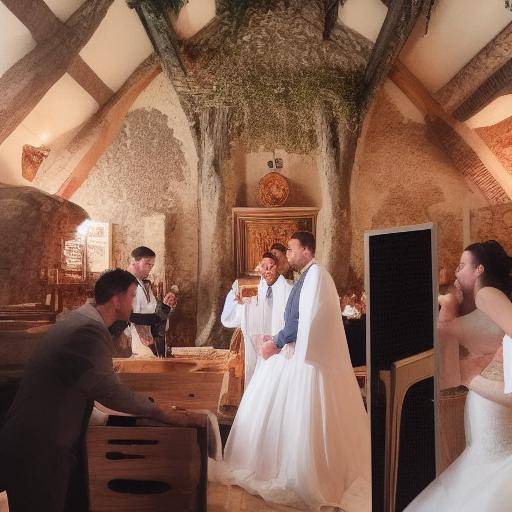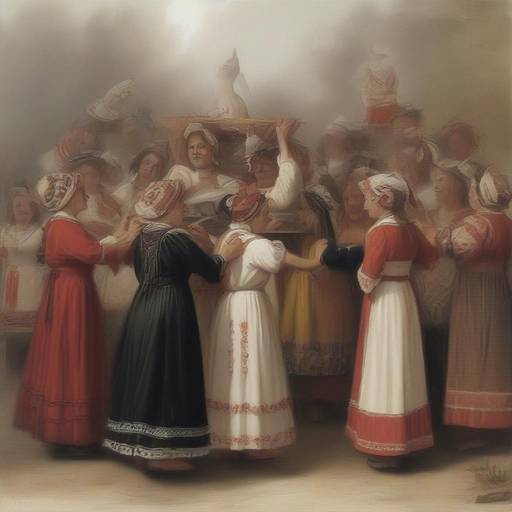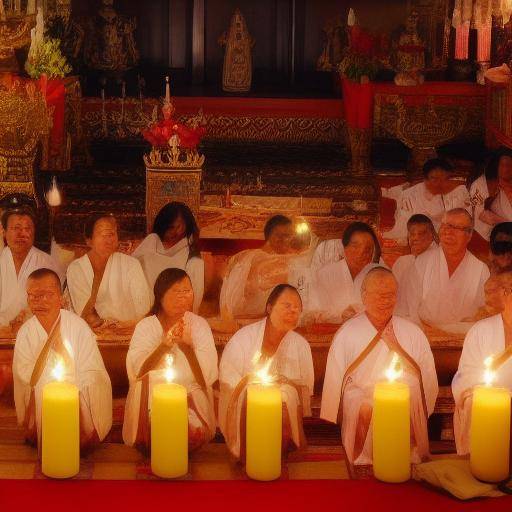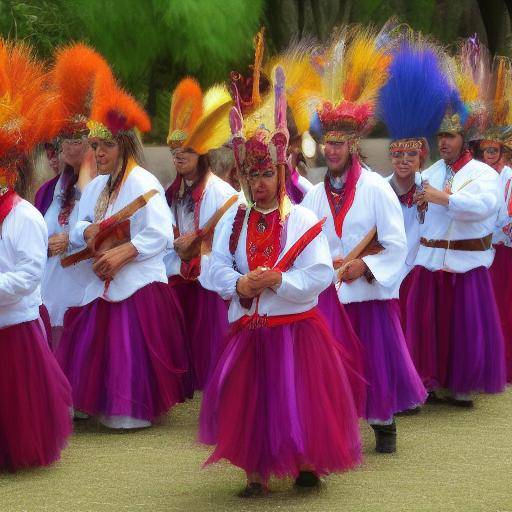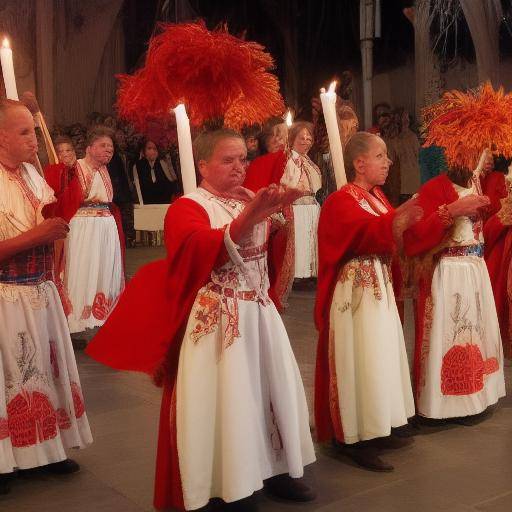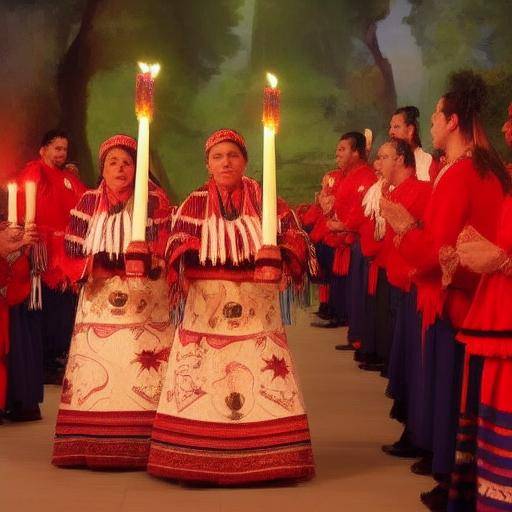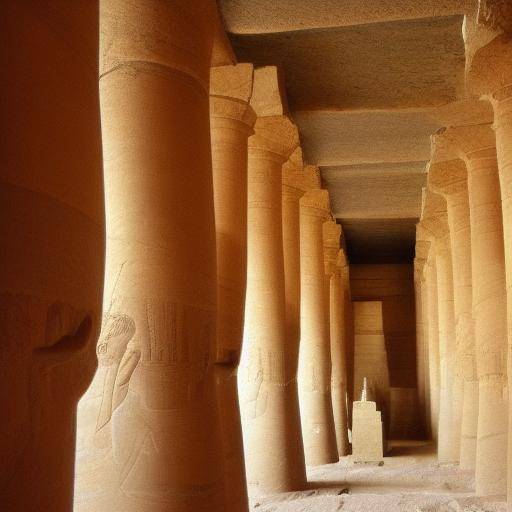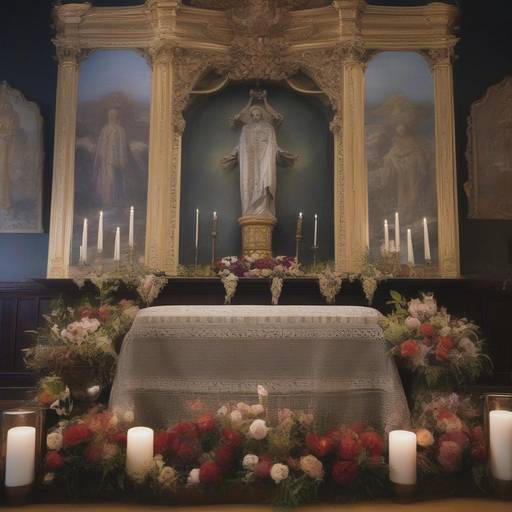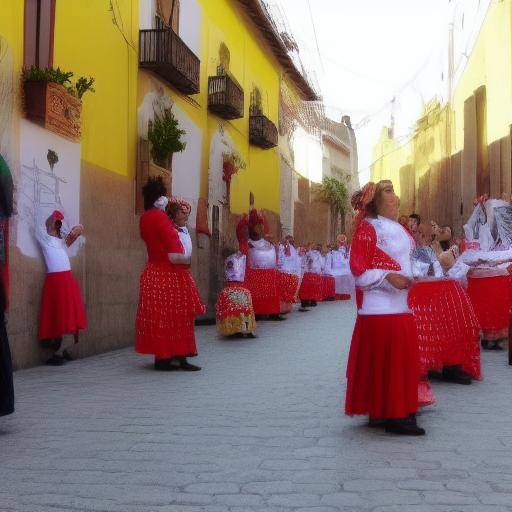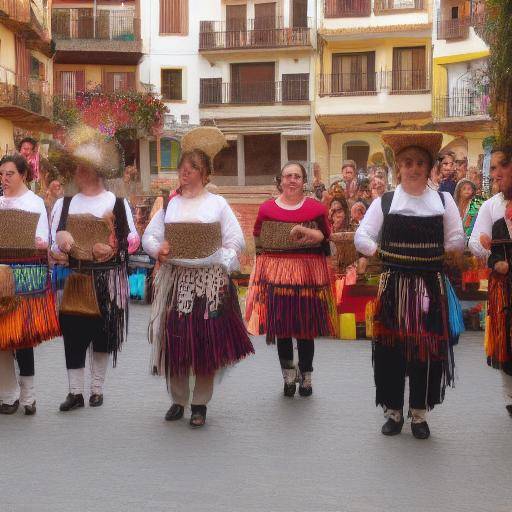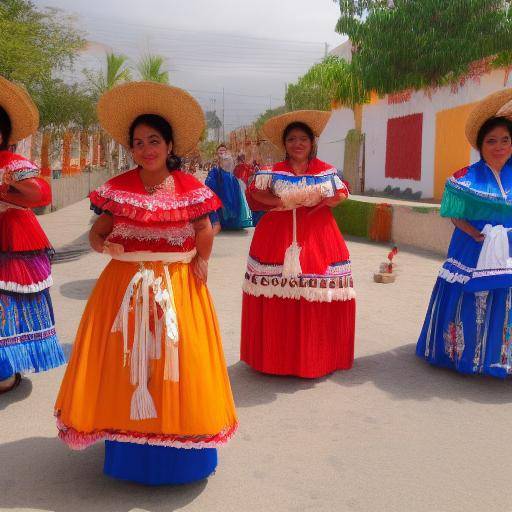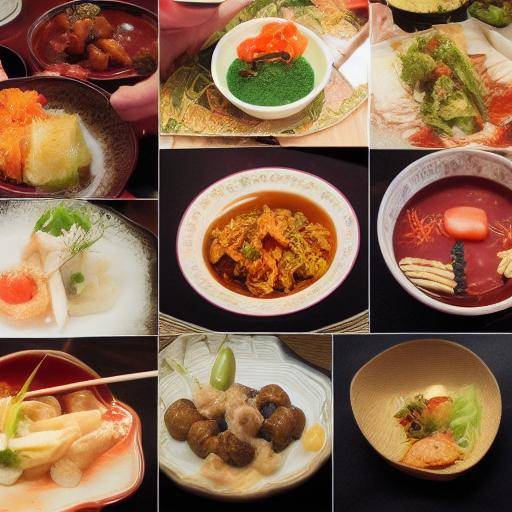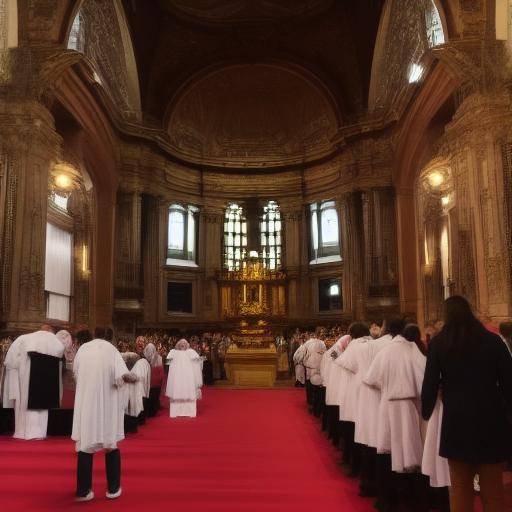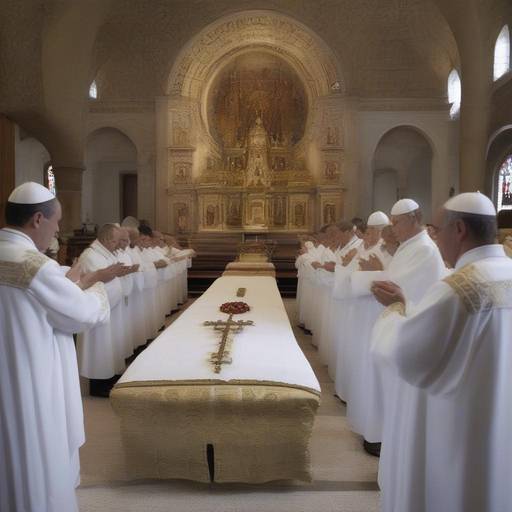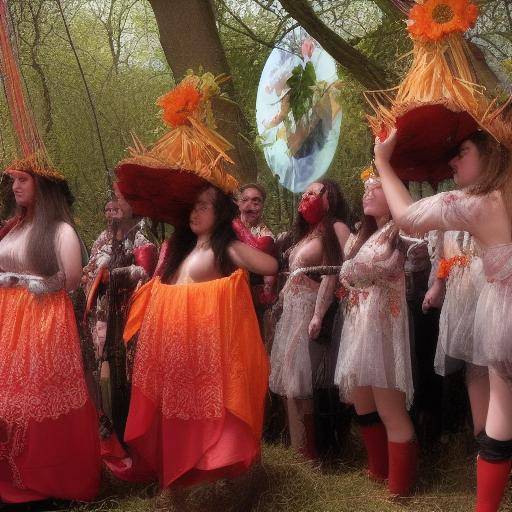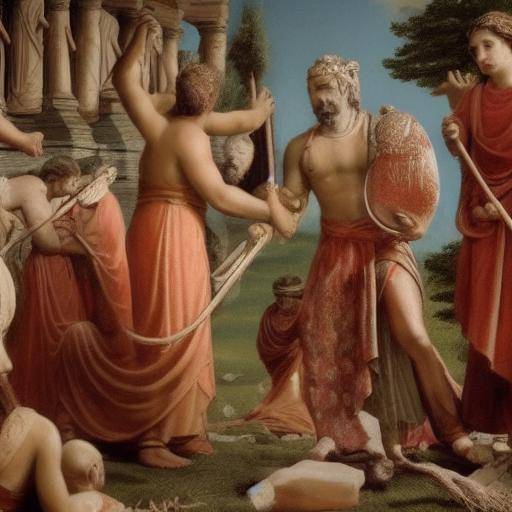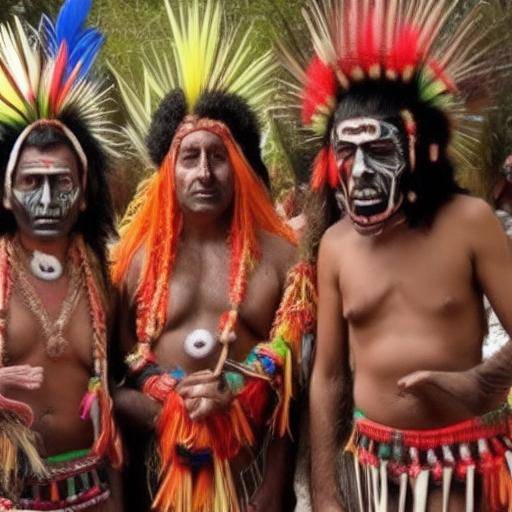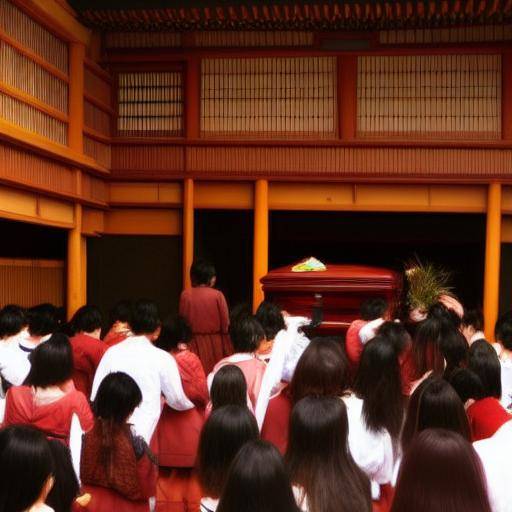
Japanese culture has been shaped by a diversity of millennial traditions that have transcended time, and funeral rituals are not the exception. The " funerary rituals in Japanese culture" are a profound reflection of the spiritual connection, the reverence of ancestors and the quest for harmony with nature and beyond. In this article, we will explore historical significance, cultural aspects and ceremonial elements that make these rituals unique in Japanese culture. In addition, we will analyze its relevance in modern society and offer a deeper understanding of its impact on everyday life. Welcome to a journey of knowledge and respect for funeral rituals in Japanese culture.
Introduction
Death and funeral rituals have always played a crucial role in civilizations, and Japanese culture is no exception. Funeral rituals, or "sōsai", are an integral part of Japan's cultural fabric and represent an intersection between religious, social and family traditions. These rituals not only honor the deceased, but also provide comfort to the living and establish a link between the earthly and the spiritual world. By exploring funeral rituals in Japanese culture, we will discover the depth of these deeply rooted customs in history and their continued influence in contemporary Japan.
History and Background
Funeral rituals in Japanese culture have ancestral roots dating back to ancient times and are impregnated with spiritual and philosophical values. These rituals have evolved over the centuries, influenced by various religious currents such as sintoism, Buddhism and confucianism. From the funeral practices of the former imperial court to contemporary customs, the history of funeral rituals in Japan reflects deep respect for the transition from life to death.
During the Kofun period, between the third and seventh centuries, funeral practices were developed that laid the foundations for the current rituals. The introduction of Buddhism in the sixth century brought with it new perspectives on death and life after it, significantly impacting on funeral rituals. The syncretism between Buddhism and sintoism led to a unique amalgam of funeral practices, where the veneration of ancestors intertwined with Buddhist beliefs about reincarnation and the destiny of the soul.
In depth
Funeral rituals in Japanese culture are a mosaic of customs, symbolic gestures and carefully structured protocols. The preparation of the body, the veil ceremony, burial or cremation, and mourning practices are all vital components of these rituals. In addition, the "kaimyō" (posthumous name) and the "kotsuage" (recollected from the remains) are practices that reflect reverence by the ancestors and the transition from the spirit to the spiritual world.
Comprehensive review
In today's society, funeral rituals in Japan continue to play a significant role, despite sociocultural changes. While urbanization and the influence of Western culture have impacted on certain traditions, the essence of these rituals remains a source of comfort and spiritual connection for many people. In addition, the current approach to "shūkatsu" (preparation for death) highlights the continued importance of funeral rituals in contemporary life.
Comparative analysis
Compare funeral rituals in Japanese culture with other funeral traditions reveals significant differences in focus, symbolism and meaning. While Western funeral rituals are often imbued with a more grim and farewell tone, Japanese rituals tend to focus on the veneration of the ancestors and the celebration of the life that has been extinguished. This fundamental difference reflects the different worldviews and values embedded in each culture. The Japanese funeral rituals highlight the balance between respect for death and the valuation of life, which makes them unique and touching in their approach.
Practical Tips and Recommendations
By knowing the importance of funeral rituals in Japanese culture, it is crucial to understand the appropriate label and practices when participating in any funeral ceremony. Respecting customs, showing empathy and offering support to the afflicted are fundamental to participating respectfully in these rituals. In addition, understanding the symbolic traditions and gestures associated with Japanese funeral rituals can enrich personal experience and show deep respect for the culture and beliefs of the country.
Conclusions and FAQs (FAQs)
In conclusion, funeral rituals in Japanese culture are a unique amalgam of traditions rooted in a rich history of spirituality and reverence by the ancestors. These rituals not only provide comfort to the afflicted, but also reflect the deep connection between life and death in the Japanese worldview. By understanding and appreciating the importance of funeral rituals in Japanese culture, a deeper understanding of humanity, transcendence and continuity of ancestral legacy can be achieved.
Frequently asked questions (FAQs)
1. What are the main differences between Japanese and Western funeral rituals?
The Japanese funeral rituals focus on the veneration of the ancestors and the celebration of the life that has been extinguished, while Western rituals tend to have a more grim and farewell tone.
2. How do the Japanese prepare to face death?
Many Japanese are involved in the "shūkatsu", a preparation for death that involves the management of financial, legal and spiritual affairs before they die.
3. What role does Buddhism play in Japanese funeral rituals?
Buddhism has had a significant influence on Japanese funeral rituals, introducing concepts such as reincarnation and the transition from the soul to the beyond.
4. What is the role of the family in Japanese funeral rituals?
The family plays a central role in Japanese funeral rituals, participating in the different stages and showing respect for the ancestors.
5. How is body preparation done in Japanese funeral rituals?
The preparation of the body includes careful and ceremonial rituals, such as the washing and clothing of the deceased, with emphasis on respect and dignity.
6. How can I offer my support during a funeral ritual in Japan?
Show empathy, respect customs and offer emotional support are genuine ways to help during a funerary ritual in Japan.
These frequent questions offer a insightful look at funeral rituals in Japanese culture, providing clarity and understanding around these profound traditions.






